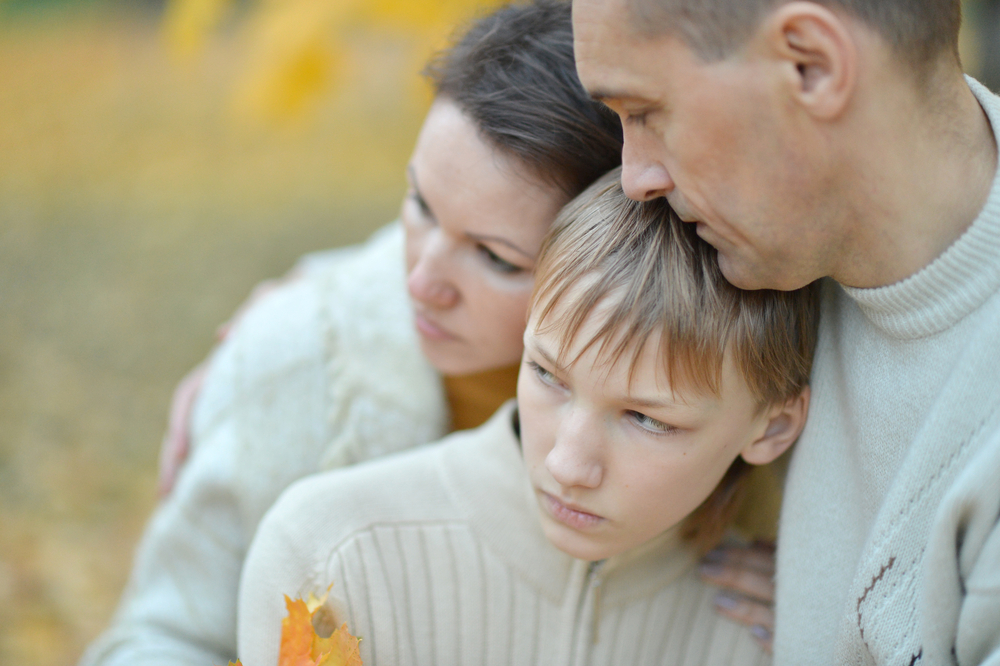Death is not really a topic you chat about over tea and biscuits at your local café, is it? We’e very bad at it in England especially – it’s often brushed under the carpet, and politely ignored. But then we get the phone call to hear the terrible news of a passing. And what if it’s close to home? What then?

By not talking about death, we ultimately don’t discuss the costs of funerals. Sunlife forecasts the cost of a funeral in 5 years will be £5,120, but who’s paying the bill?
Do you have £5,120 sitting in your savings? – if not don’t worry you’re not the only one. Many have to seek out personal loans from banks to cover the costs. However, being plummeted into debt, whilst coping with grief is the least ideal situation to be in.
But how we to talk to children about a loved one passing? Grief isn’t something we can ever prepare for, and children may take it very differently.Whether a loved one passing is sudden, or inevitably expected – a loss is still a loss.
Talk to your children with great comfort and ease, but also tell them the truth. Expect them to be hurt, or angry or feel the other range of emotions that come with a loved one passing. However, it wouldn’t be proactive to “play” down how they’re feeling or turning a blind eye.

By being honest, children can learn to accept the totality of life, as well as processing the nature of death. However, I would advise that you avoid forcing them to grasp the finality of a loved one passing, as they will digest this new life change in their own time.
Make them see your pain, as they will understand what “grief” looks like. They may even want to cry with you, so it doesn’t feel so lonely. Grief can be a very isolating experience, regardless of our age. Crying is healing, and it’s a healthy outlet for emotional turmoil.
It’s more than possible to live in the present and being mindful of the future. By embracing the full circle of life, we may find comfort and be better prepared for the final outcome – the outcome none of us can skip. Death.

